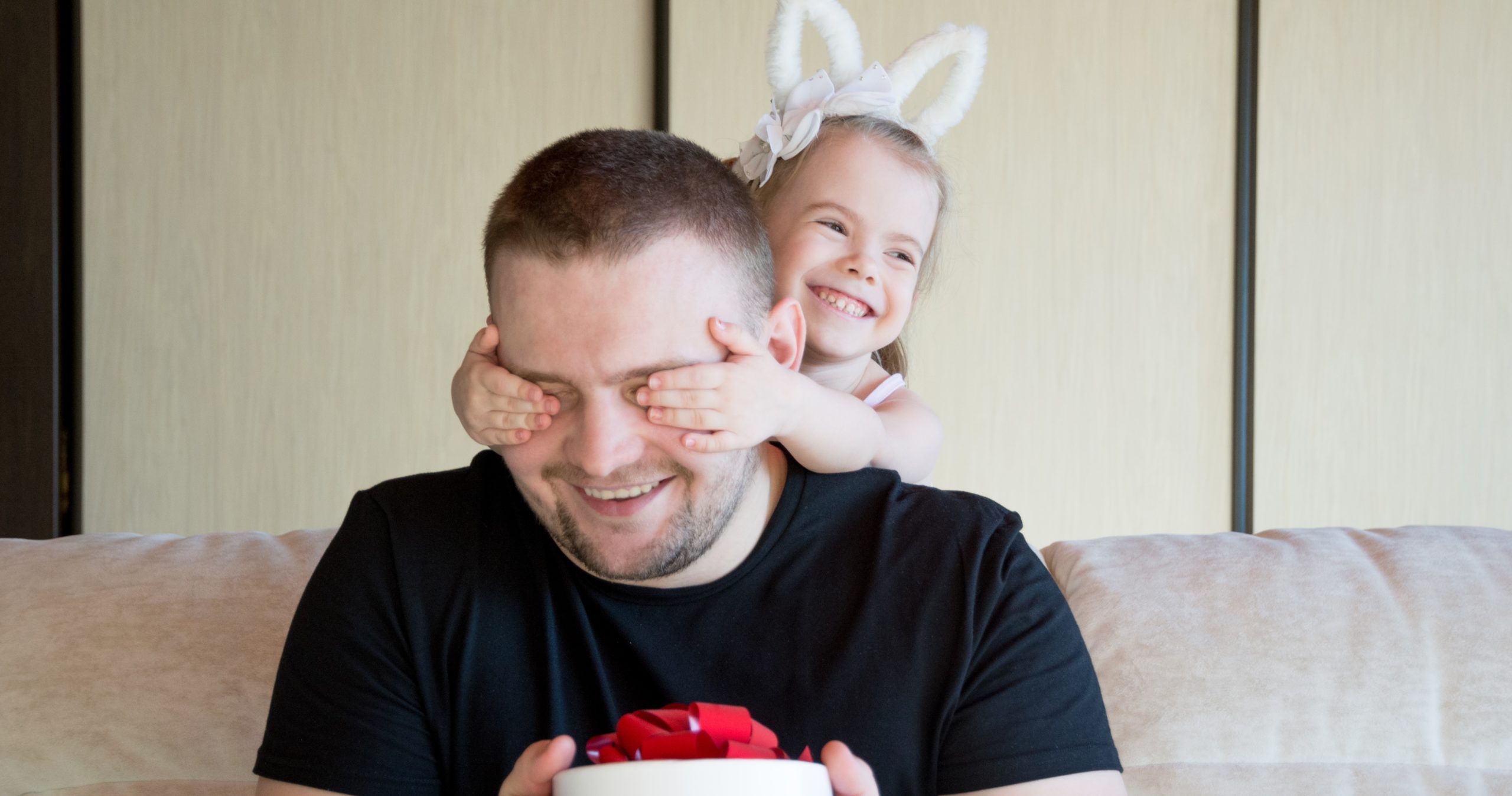
Preparation
Before getting Lasik surgery done, there are a number of factors that will need to be assessed in order to decide if a patient can have it done safely.
First and foremost, the health of the eye is considered. There are many things a surgeon will look for before deciding on surgery. Glaucoma, high eye pressure, dry eyes, infections or inflammations and corneal condition.
An eye scan will be scheduled where the patient’s eyes are mapped in detail to help the doctor decide how to progress with the surgery. He will specifically look for corneal thickness, shape and irregularities to decide which area to perform the surgery on. Glaucoma and cataracts are factors that can affect the decision to go ahead with the surgery.
The overall health of the patient is also taken into consideration. Diabetes, hypertension, pregnancy, medication, auto immune conditions and other medical conditions may render a patient ineligible for Lasik surgery.
Once it is decided that the patient can safely have refractory surgery done, they are given certain instructions, such as not wearing contact lens for a certain number of days before the surgery, not using cosmetics etc.

